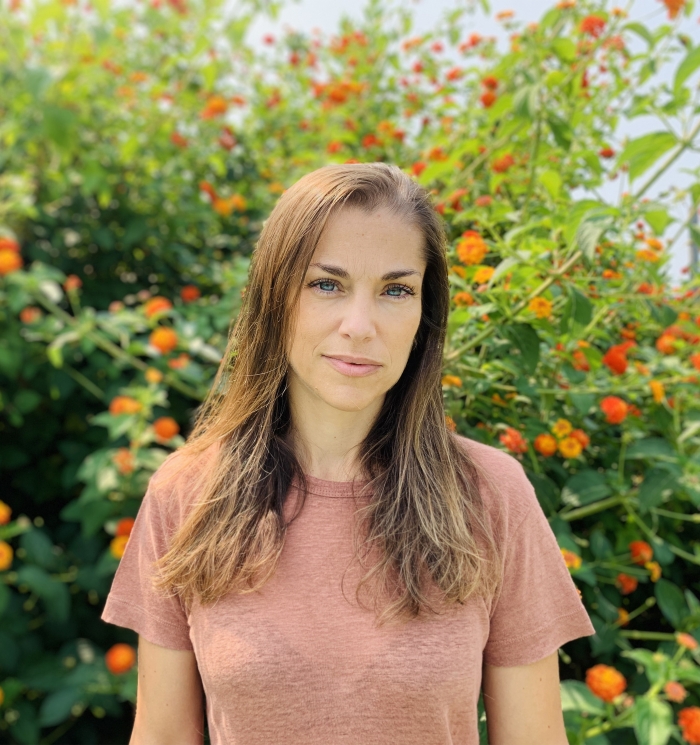YEAR: 2021
ID APARTADO: 3
APARTADO: awards_and_jury_members
SUBAPARTADO:
SECCION: horizontes_award_jury
TABLE: 1
ID: 19374
LANGUAGE: in
MAQUETACION:
TITULO:
RULE: 1
Z365" or "Festival all year round" is the new strategic point of the Festival in which converge investigation, accompaniment and development of new talents (Ikusmira Berriak, Nest); training and cinematic knowledge transfer (Elías Querejeta Zine Eskola, Zinemaldia + Plus, Filmmakers' dialogue); and investigation, disclosure and cinematic thought (Z70 project, Thought and Discussion and Research and publications).
The first works by the producer María Zamora (Valencia, Spain. 1976) were the Latin American co-productions Las mantenidas sin sueños (Kept and Dreamless, 2005), by Vera Fogwill and Martín Desalvo, and Acné (Horizontes Latinos, 2008), by Federico Veiroj.
She has produced numerous first works by Spanish directors, such as La vergüenza (2009), by David Planell, Mapa, by León Siminiani (2012), Todos están muertos (They Are All Dead, 2014), by Beatriz Sanchís, María (y los demás) / Maria (and the Others), by Nely Reguera (New Directors, 2016), Verano 1993 (Summer 1993, 2016), by Carla Simón and My Mexican Bretzel (2019), by Nuria Giménez Lorang. La mujer sin piano by Javier Rebollo (The Woman without Piano, Silver Shell for Best Director, 2009), Apuntes para una película de atracos, by León Siminiani (Notes for a Heist Film, New Directors, 2018) and Los días que vendrán (The Days to Come), by Carlos Marqués-Marcet, are other of her titles as a producer.
Among her latest productions are Libertad (Freedom, 2021), first work by Clara Roquet, recently premiered at the Semaine de la Critique in Cannes, and ¿Qué hicimos mal?, second film by Liliana Torres, whose release is scheduled for autumn 2021. She recently completed the filming of Carla Simón’s second feature film, Alcarrás, and is in the pre-production stage of the debut film from Álvaro Gago, Matria. The producer is working on development of the feature film La virgen roja (The Red Virgin), directed by Paula Ortiz, the directorial debut from Marta Nieto, La mitad de Ana, and the second film by Elena Martín, Creatura.
Monday to Thursday: from 9:00 a.m. to 3:30 p.m.
Fridays: from 10:00 a.m. to 2:00 p.m.





